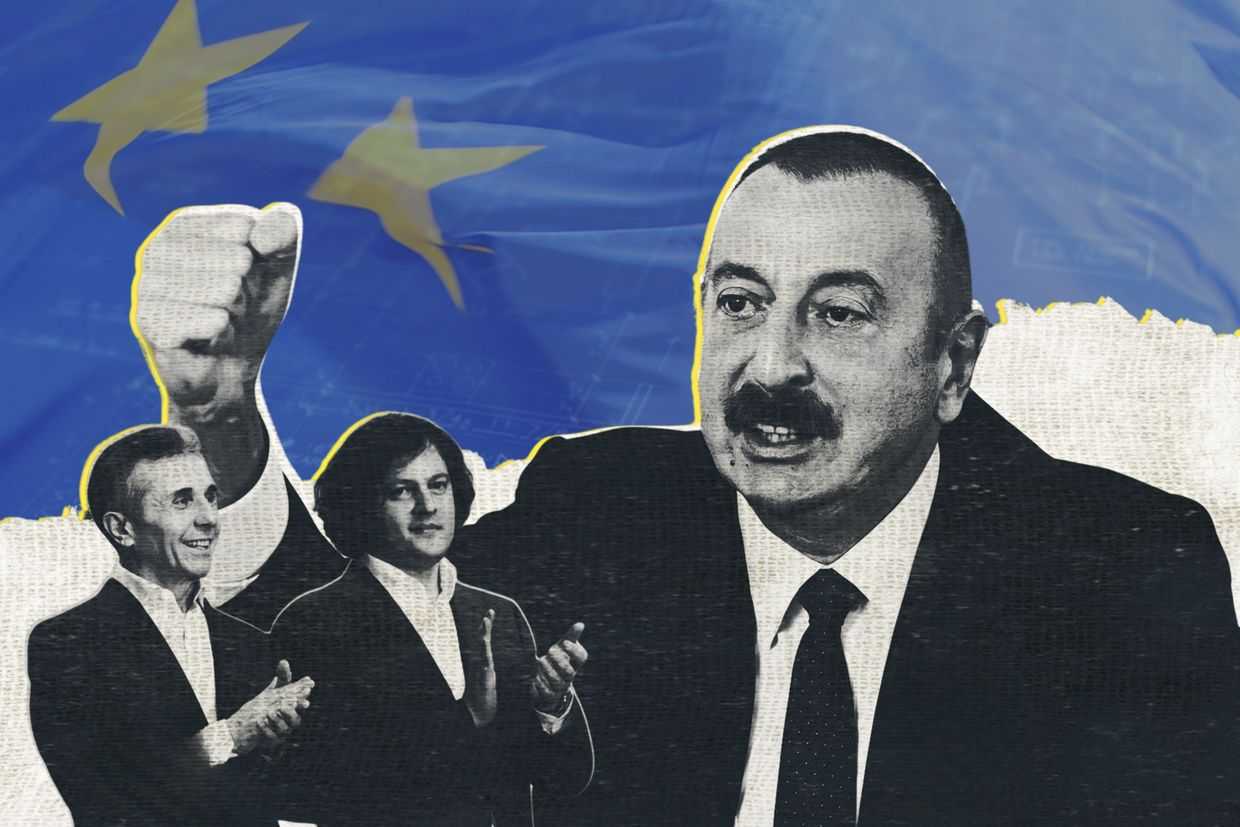
The European Commission’s recommendation to deny Georgia EU candidate status is a disastrous blow to the democratic aspirations of the Georgian people. Unless there is change in Georgia, it is unlikely to be reversed.
On 17 June, the European Commission, the executive branch of the EU, recommended that Georgia be denied candidate status while suggesting that both Ukraine and Moldova be granted it. They said that if Georgia were to carry out a number of reforms, the EU should then reexamine their application.
The recommendation is not binding, and the ultimate decision will be down to the heads of EU member states, who will meet in Brussels on 23–24 June. However, in Georgia’s case, it is unlikely to be ignored.
This represents the squandering of a historic chance.
After the Russian invasion of Ukraine, Moldova, and Georgia all applied (though reluctantly for the latter) for membership of the EU. The bloc, which had long suffered from ‘enlargement fatigue’ has found a new sense of momentum in moving forward swiftly with these applications.
For Georgia — once the star of the EU’s Eastern Partnership — to be cast aside in favour of Moldova and Ukraine illustrates just how far the country’s reputation has fallen in Brussels.
From their stuffing of the constitutional court with judges widely seen as loyal to the continual political crises since the June 2019 Gavrilov’s Night protests, Georgia’s government has faced increasingly blunt criticism from Brussels.
When a deal personally brokered by EU Council President Charles Michel meant to end the political deadlock and address many of the necessary reforms was abandoned by Georgian Dream, these criticisms began to multiply.
The growing criticism from Europe has led to a backlash from the ruling party, whose leaders now frequently denigrate European leaders.
Polls have consistently shown that Georgians overwhelmingly wish for their country to become a member of the European Union. But for this to happen, a change of course must take place at the top.
To achieve this, the government could still commit to the reforms that the EU is demanding, reforms which would in and of themselves be of immense benefit to the country.
This would include the government ending its pursuit of politicised justice against opponents. It would mean reforming the judiciary openly and inclusively to be an impartial branch of government. It would mean committing to protecting the rights of minorities. It would mean ensuring that the media can operate in a free and safe environment. And it would mean severing all links with its billionaire founder, Bidzina Ivanishvili, and moreover, convincing the public — and Brussels — that it had done so.
The response of party chair Irakli Kobakhidze to the Commission’s decision today makes clear that this is not currently on the agenda.
The only other path now open to eventual EU membership would be a change of government — an outcome that is exclusively in the hands of the Georgian people.







